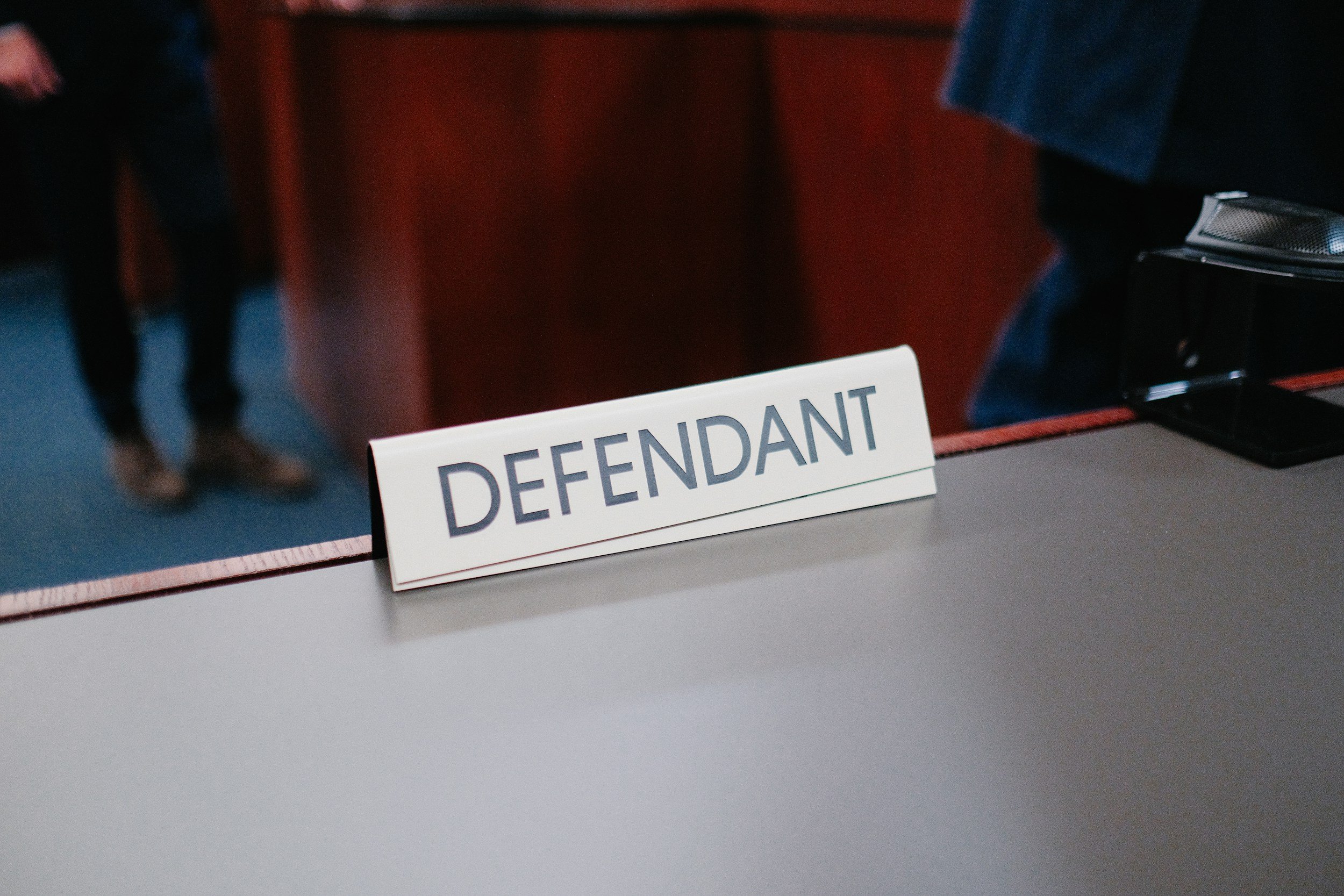
Search Through our Issue 2025

Unconscionability in the law of equity. A defence of the age-old maxim: equity will not perfect an imperfect gift.
Following the decision in Pennington v Waine, the law of equity, specifically the long-established equitable principles surrounding gifts, has been thrown into disarray. This article argues that the fundamental principles (maxims) established by Milroy v Lord remain relevant, and the more recent developments in this area of equity are misguided; an example of judicial development going astray.

The Importance of a Defendant’s Right to Effectively Participate in their Criminal Proceedings.
Traditionally, the understanding of a defendant’s participatory rights may be limited to the defendant simply being present during the trial; to hear the evidence being put against them. However, this has progressed to reflect the role of effective participation as an essential component in delivering justice. This article will outline what is meant by participatory rights, how these are currently protected in English law, and how effective this legislation is in reflecting the importance of them.

The Role of ESG Regulation in UK IPOs: Implications for Businesses, Legal Practice, and Consumer Interests
Neglecting material ESG risks can have serious implications for a company’s reputation and legal standing, as seen in the 2021 Deliveroo IPO. Major institutional investors declined to participate in Deliveroo’s offering, citing concerns over the company’s treatment of gig-economy workers. This backlash resulted in a substantial decrease in Deliveroo’s market valuation, demonstrating that ESG issues are not just ethical considerations but also material financial risks. In addition to reputational concerns, not adhering to these ESG standards can expose companies to legal liabilities.

The Future of AI in Law Firms: The Evolution of Support or The Revolution of Representation?
Many law firms have become aware of the need to incorporate AI systems, with the uprising of new legal technology. However, as always with the arrival of any new artificial technology, comes a large plethora of unanswered questions and anxious speculations. This article will explore a key question regarding the relationship between AI and the legal sphere: will it serve solely as a support tool in law firms, or will it grasp a larger role, taking over legal representation as a whole?

Cobalt and Consequences: Unmasking Corporate Complicity in the Democratic Republic of Congo’s Human Rights Crisis
Cobalt mining in the DRC is synonymous with egregious human rights abuses. Artisanal miners, including children, often work in perilous conditions characterised by a lack of safety protocols, inadequate equipment, and exposure to toxic materials. Forbes reports that children as young as six years old are engaged in mining activities, enduring gruelling labour for minimal pay—averaging $0.81 per day for children, $1.02 for adult women, and $2.04 for adult men. Many work in unregulated pits prone to collapses, resulting in injuries and fatalities. The lack of medical facilities and emergency services in these remote areas exacerbates the situation, as injured workers often struggle to access necessary treatment.
